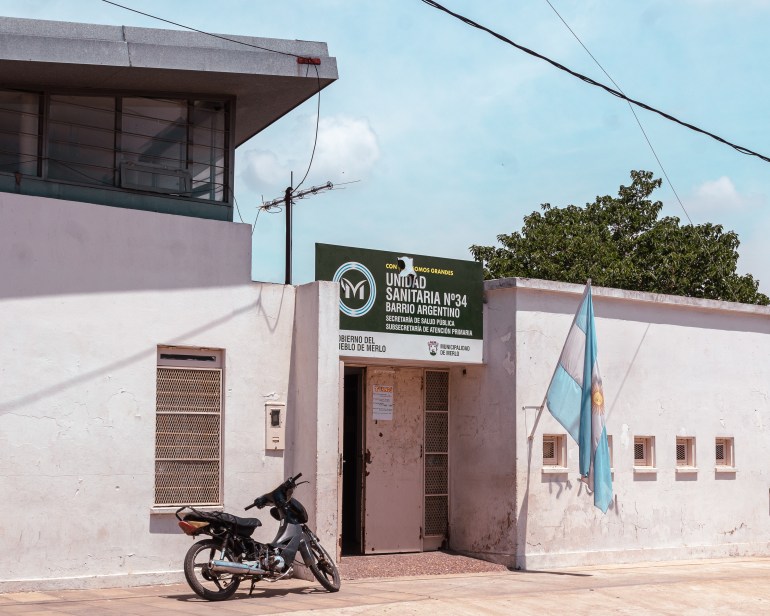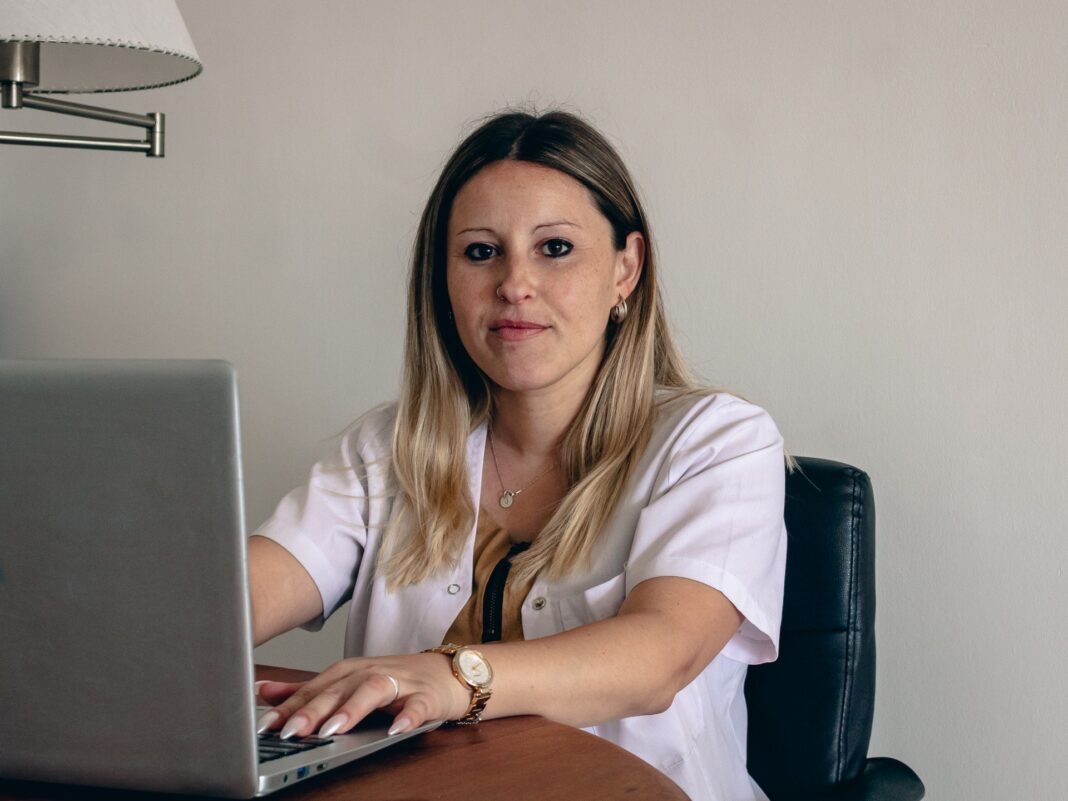Buenos Aires, Argentina – Psychologist Jesica Bianchiotti, 35, still remembers the days when most sessions with her patients began with a chat about the weather or the results of the latest football match.
But those days are long gone. With Argentina facing one of the worst economic crises in its recent history, sessions now start with conversations about politics, rising prices and how hard it is to make ends meet.
“Things have changed a lot. The majority of my patients now come with issues related to anxiety, fear, problems with sleeping, all related to the uncertainty we all live with — how impossible it is to make long-term plans,” said Bianchiotti, who works in the greater Buenos Aires area.
Argentina boasts the third-largest economy in Latin America — but it has been beset by financial turmoil for decades, fuelled by political instability and massive international debt.
This year, inflation hit record levels, rocketing higher than 140 percent. The value of Argentina’s currency has plummeted as a result. Even basic food shopping is a challenge for some.
Against that backdrop, professionals like Bianchiotti are reporting an increase in stress-related conditions. Argentina, though, has developed a way to grapple with the problem: It has the highest rate of psychologists per capita in the world.
A 2015 study estimated that, for every 100,000 Argentinians, there are 194 psychologists — a rate more than three times higher than the next closest countries, Finland and Norway.
Psychotherapy is so popular that certain practitioners, like Gabriel Rolon, have achieved celebrity status, appearing on TV and radio shows. In 2022, psychology was also one of the most sought-after career paths at the University of Buenos Aires, second only to medicine.

The widespread embrace of psychotherapy, however, corresponds with widespread need, according to Bianchiotti. She has treated patients for nearly a decade and has seen an increase in the number of consultations she conducts.
“The state in which patients come in is pretty shocking. Many are not even able to listen to what I say,” she told Al Jazeera, describing how some patients talk non-stop.
“They are anxious, nervous with fear, consumed by negative thoughts. Panic attacks are becoming more frequent and many people are unable to enjoy any sort of free time as they are consumed with worries.”
Anxiety is a normal response to danger, real or perceived. It exists to help the body face or escape from threats.
But anxiety can develop into a disorder, with symptoms like dizziness, shaking, migraines and fatigue. It can also increase risk factors for other conditions like depression.
“A certain level of anxiety is necessary as a basic survival skill, but too much of it, that’s when problems start. It can become paralysing,” said Bianchiotti.
In Argentina, the problem may be particularly acute. More than half of the participants in a 2022 study about the country’s psychological health, conducted by the University of Buenos Aires, said they were experiencing a “crisis”.
The economy was cited as the most common reason for respondents’ crises. At 49 percent, it surpassed family problems, relationship troubles and work as a leading cause.

The study also found that 75 percent of respondents said they suffered from sleep deprivation. The number of sufferers was even higher among those with fewer resources.
Meanwhile, an estimated 35 percent of those who needed psychological treatment said they could not afford it.
Although psychologists are available for free in public hospitals, budget cuts have made it increasingly difficult for people with lower incomes to access their services. Those with more resources can opt for private therapy, a more expensive option that offers greater flexibility for scheduling and services.
“Data shows that there are many people who go to a psychotherapist in Argentina, but many more don’t have access to any kind of services, even when they would like to access them,” Fabian Maero, a psychologist, author and professor from the University of Buenos Aires, told Al Jazeera.
“If you have to choose between going to therapy and paying the rent, that is not much of a choice.”
Critics including Maero worry the situation could worsen under newly inaugurated President Javier Milei, who took office on December 10. A self-described “anarcho-capitalist”, Milei was elected after promising to slash government spending to mend the economy.
Though he initially proposed scrapping the Ministry of Health, Milei has since announced he would keep the agency, appointing cardiologist Mario Russo as its head.
“We professionals are very worried about this situation, how the lack of psychological attention is going to affect the population and how it will affect future generations,” Maero said.
He added that mental health professionals cannot ignore current events in their practices.
“We are facing great challenges. You want to treat an individual for their issues, but what they might need is to talk about the context they live in, what is happening to the country.”

Julieta Bieber, a 48-year-old administrative assistant in Buenos Aires, is among those using their therapy sessions to talk about the state of the country.
“This level of inflation means you need to live day by day, and that is very hard,” she told Al Jazeera. “You wake up, and the first thing you do is check how much the dollar exchange rate is, how much things have risen in price. It really affects your quality of life.”
Bieber is hardly alone. Only 68 percent of Argentinians say their state of mind is positive, according to an October survey from the consulting firm Voices and the Worldwide Independent Network of Market Research (WIN).
That put Argentina’s national “mood” among the lowest of the 39 countries surveyed, tied with Peru and only a couple percentage points above Poland, which came in last at 65 percent.
“Everybody is in a bad mood. The situation is truly exhausting, and people are getting sick,” Bieber said. “When you go to the doctor or the therapist, they tell you to calm down. But how are you supposed to calm down with all of this happening?”







